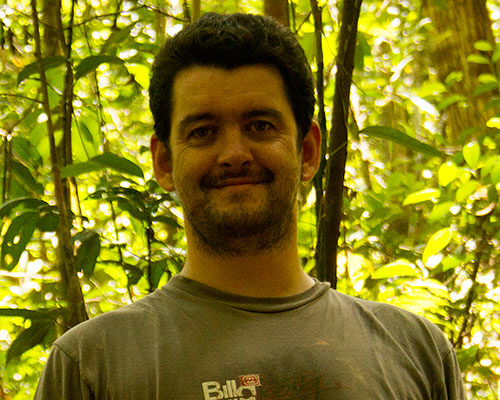
Always fascinated by wildlife and travelling as a kid, studied Zoology at Nottingham, where one of my lecturers had a summer project in Borneo, mainly botanical work. I had always wanted to go to Borneo, so joined up in '95, and whilst there got bored by trees and decided to survey orangutans with my (now) wife. When we analysed the survey results it turned out that we had discovered the largest population of orangutans in the world – in the Sabangau Forest. As a result several organisations gave us money to go back and do more research, leading to us setting up The Orangutan Tropical Peatland Project in 1999, partnering with the Indonesian conservation organization CIMTROP and taking over the running of the old Nottingham University basecamp.
After several years of small expeditions, grant-begging and temp jobs in the UK, we advertised for volunteers in 2001, which gave us the capital needed to expand, went full-time in 2003, helped to protect much of the forest as a National Park in late-2004.